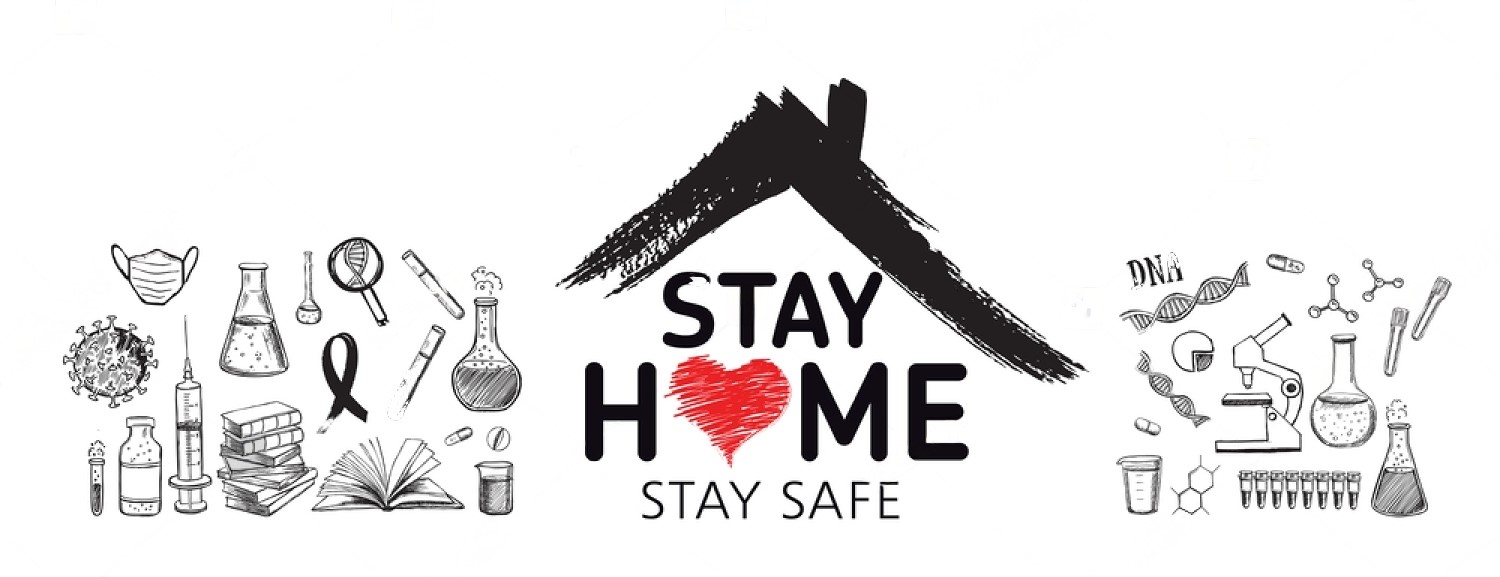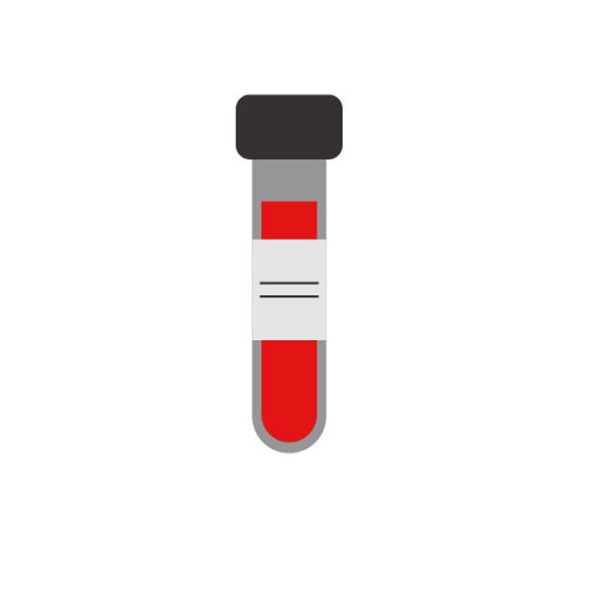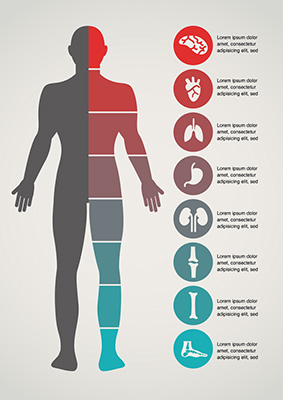A diagnostic procedure is an examination to identify an individual’s specific areas of weakness and strength in order determine a condition, disease or illness.
Alpha-fetoprotein (AFP)
Anti-smooth muscle antibody (ASMA)
Catecholamines urine
Catecholamines are hormones made by your adrenal glands, which are located on top of your kidneys. Examples include dopamine; norepinephrine; and epinephrine (this used to be called adrenalin or adrenaline). Your adrenal glands send catecholamines into your blood when you're physically or emotionally stressed.
Glucose-6-phosphate dehydrogenase (G6PD)
In severe cases, it can even lead to kidney failure or death. Fortunately, symptoms of G6PD deficiency typically disappear once the trigger is recognized and removed. When the condition is identified through newborn screening and properly managed, children with G6PD deficiency often can lead healthy lives.





